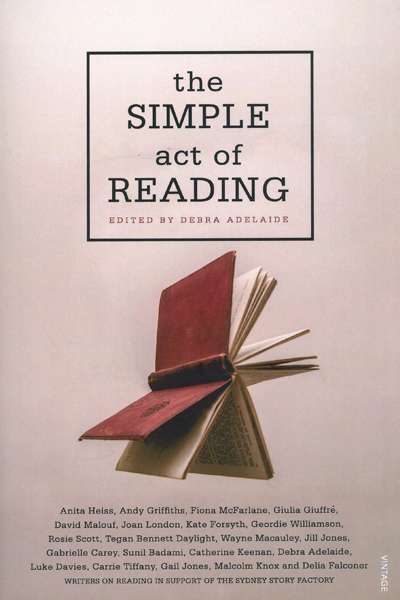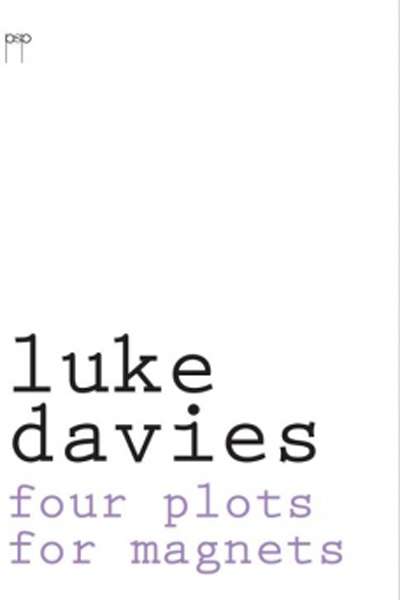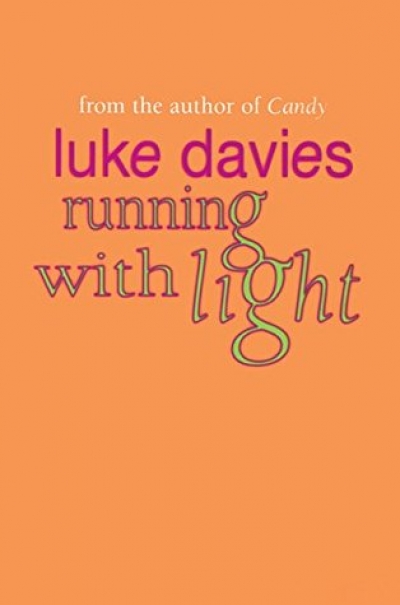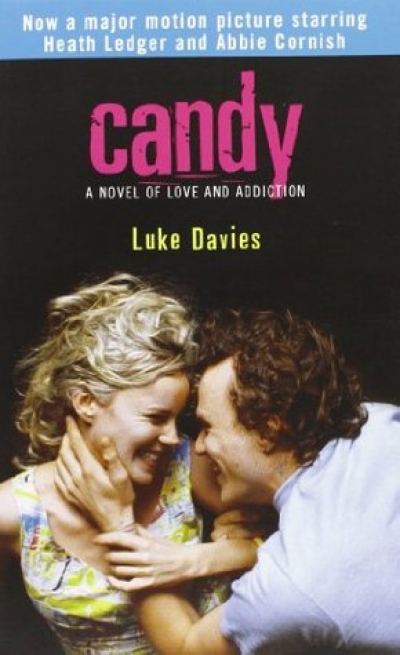Luke Davies
More than 700 poets entered this year's Peter Porter Poetry Prize; just over 200 of these entries came from overseas. The judges were Luke Davies, Lisa Gorton and Kate Middleton. They completed their judgement without knowing the name, gender, background or nationality of any entrant.
This prize honours Peter Porter and its judges seek to honour him not only in name but in principle: by ...
In this bonus episode of Poem of the Week Peter Rose interviews two judges of the 2016 Peter Porter Poetry Prize – Lisa Gorton and Luke Davies – about the judging of the prize and honouring the legacy of Peter Porter.
... (read more)The Simple Act of Reading edited by Debra Adelaide
Jennifer Maiden's The Fox Petition: New Poems (Giramondo) conjures foxes 'whose eyes were ghosts with pity' and foxes of language that transform the world's headlines
... (read more)It is tempting to draw parallels between Anton Corbijn’s Life and the director’s own personal history, in particular his series of striking 1979 black-and-white photographs of UK band Joy Division. The Dutch photographer, upon hearing the band’s first album, Unknown Pleasures, was convinced something great was in the offing, and set out for Engla ...




